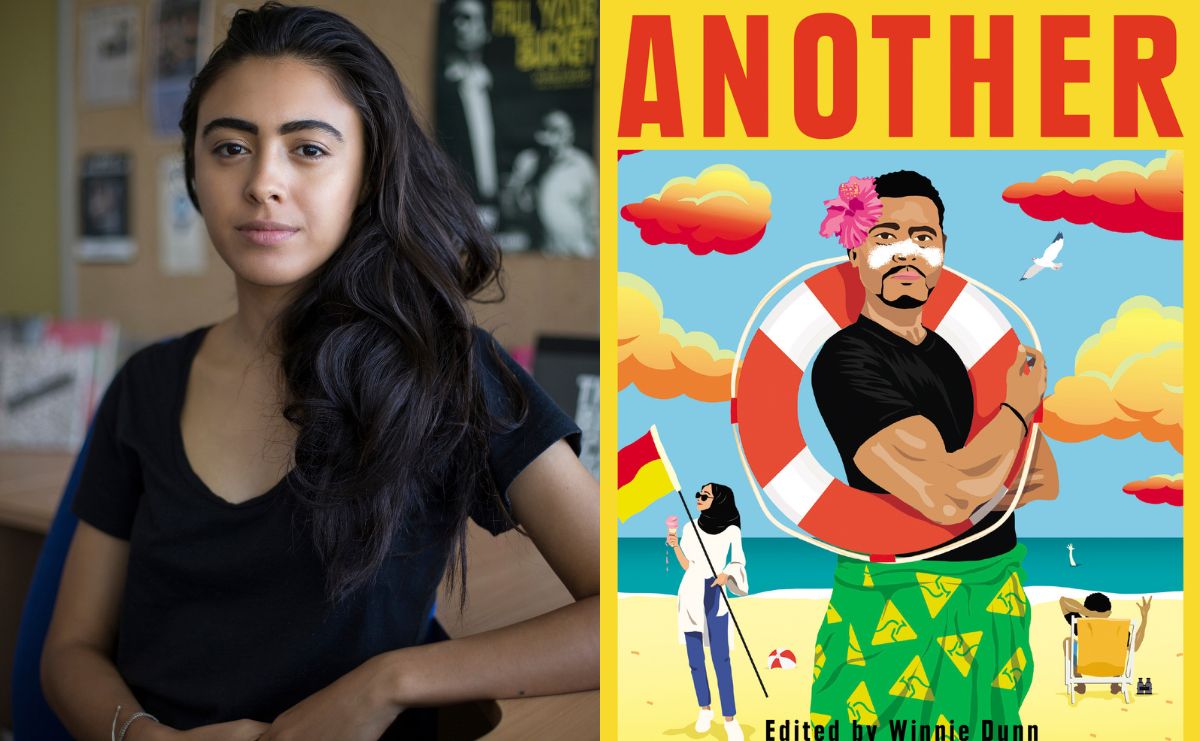Another Australia is an imaginative exploration of the experience of a hyphenated identity (Australian and Arab, Australian and Asian etc) with all the contradictions as well as the beauty therein. It’s a follow up to the first collection, After Australia. Many of the dozen short stories and poems in this new book from Indigenous writers and writers of colour deal with the dissonance of being seen as ‘other’ on stolen land and seek, through the telling of these experiences, to reclaim the narrative.
Some of the works deal directly with the damage that colonialism does to Indigenous lives, through loss and erasure. Anne Marie te Whui writes about undoing intergenerational knots through writing her Māori ancestor’s story. This is a highly emotive piece, detailing archival evidence of her great uncle’s execution by the colonial state. ‘Like prisons, archival institutions are highly controlled,’ she writes, reminding the reader of the acts of erasure and discrimination inherent in ‘state’ documentation. Her erasure poem ‘undo the knot’ is a starkly powerful reversion of colonial language, in response to James K Baxter’s poem about her executed relative. She explores the concept of ‘haunting’ as she is haunted by the injustices her ancestors faced.
There is a good balance in this book between the academic: post-colonial theory, and the personal: memoir and poetry. As a reader, we are constantly reminded of the tension between expectation and reality; diaspora and sense of home; family ties and cosmopolitanism, as a complex, storied landscape of ‘diverse’ Australia is constructed.
Sara M. Saleh writes a touching piece dramatising a scandal at a Lebanese wedding, where the throwaway remark of a wedding-goer reminds her of discrimination and gossip even within her cultural community: ‘is she half Leb or Leb Leb?’. Similarly, Amani Haydar exposes the friction between matrimony and isolation, as a woman arrives in Australia, a supposedly ‘free’ country, into an arranged marriage.
Shirley Le artfully looks at clashes between modernity/tradition, even within a family culture as she writes of her dad’s irreverence for fortune-telling versus her mum’s superstition. Her prose is lucid, describing the fortune teller’s toenails as painted ‘like strawberry jam’, with a ‘puffy mushroom bob cut and a half-used Revlon lipstick the rusty old-blood colour of sarsaparilla’ .
She problematises the world of language and translation by showing how her well-meaning white school teacher misapprehended Vietnamese idioms, not understanding the richness of ancestral wisdom they contain.
Read: ACMI’s latest exhibition unpacks light as both phenomena and subject
The collection also contains writing in translation, with two illustrated poems by Nardi Simpson, a Yuwaalaraay woman, standing out. The poems depict the beauty of Simpson’s ancestral landscape; flora, fauna and the memories. First Peoples’ stories in a collection with diverse writers are not frequently encountered and this book, edited by Winnie Dunn, should be embraced for its inclusive, intricate view of Australia and reclaiming the experiences of diaspora and Indigeneity on these unceded lands.
Another Australia
Edited by Winnie Dunn
Publisher: Affirm Press
ISBN: 9781922711687
Format: Paperback
Pages: 288 pp
RRP: $29.99
Publication Date: 31 May 2022





